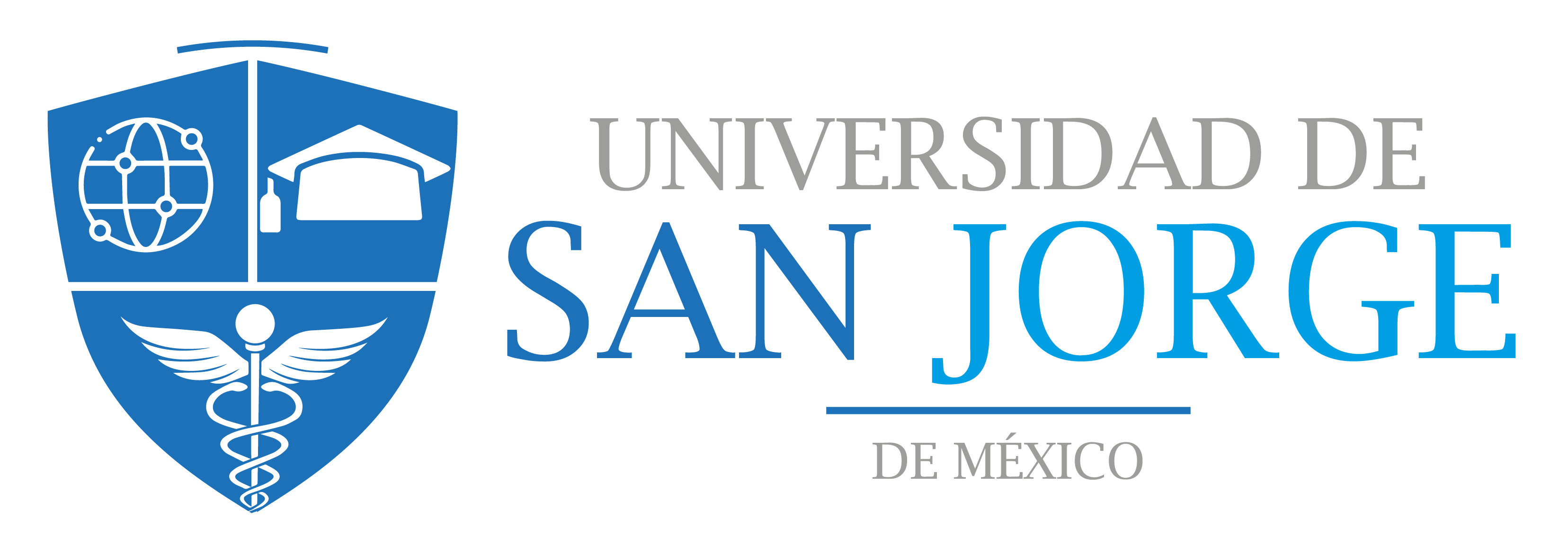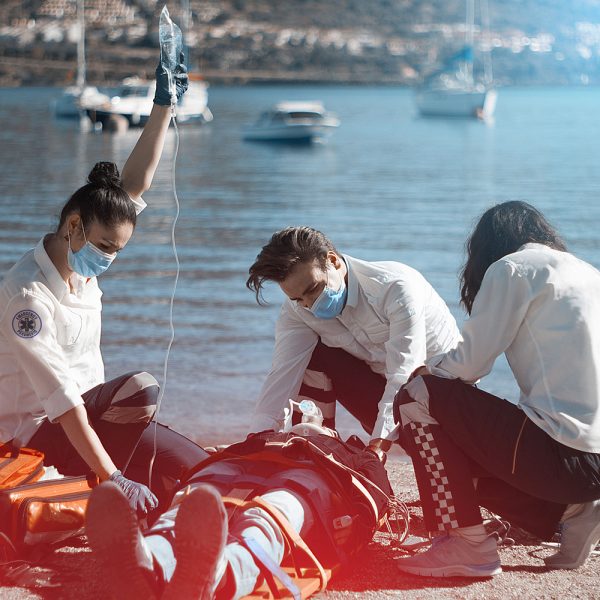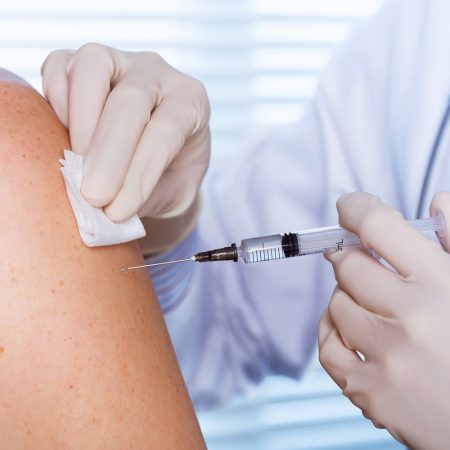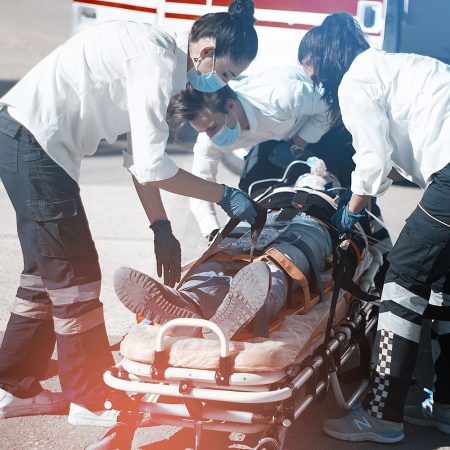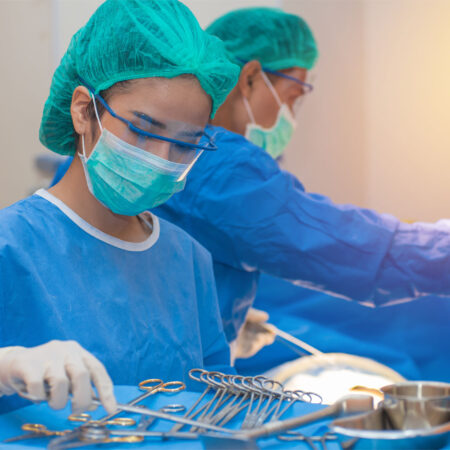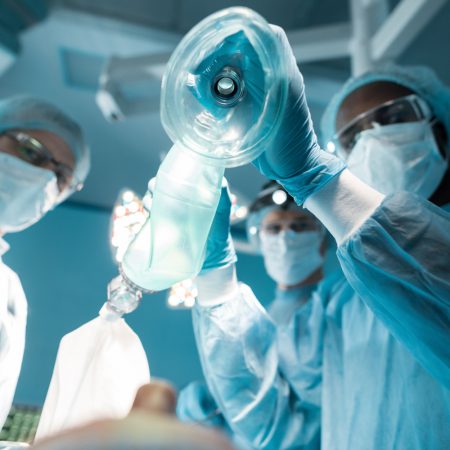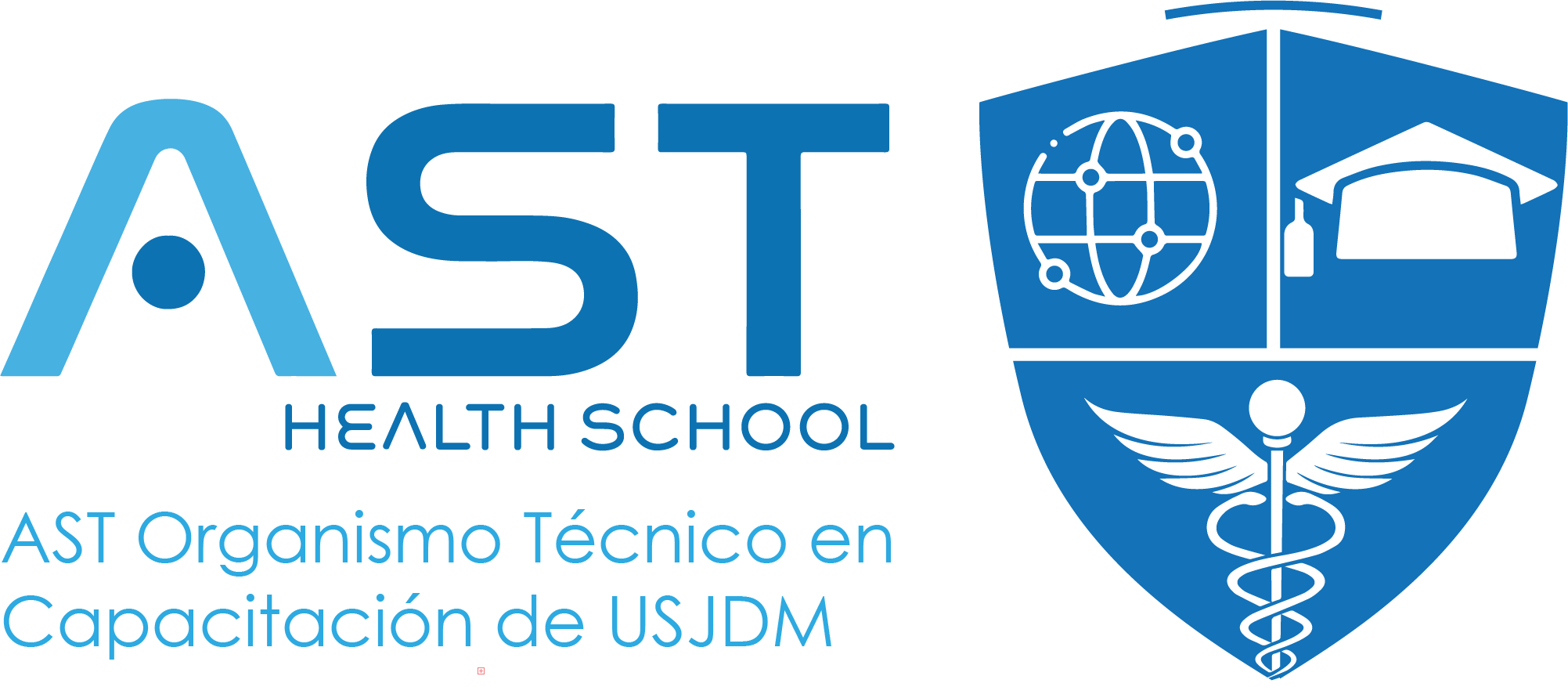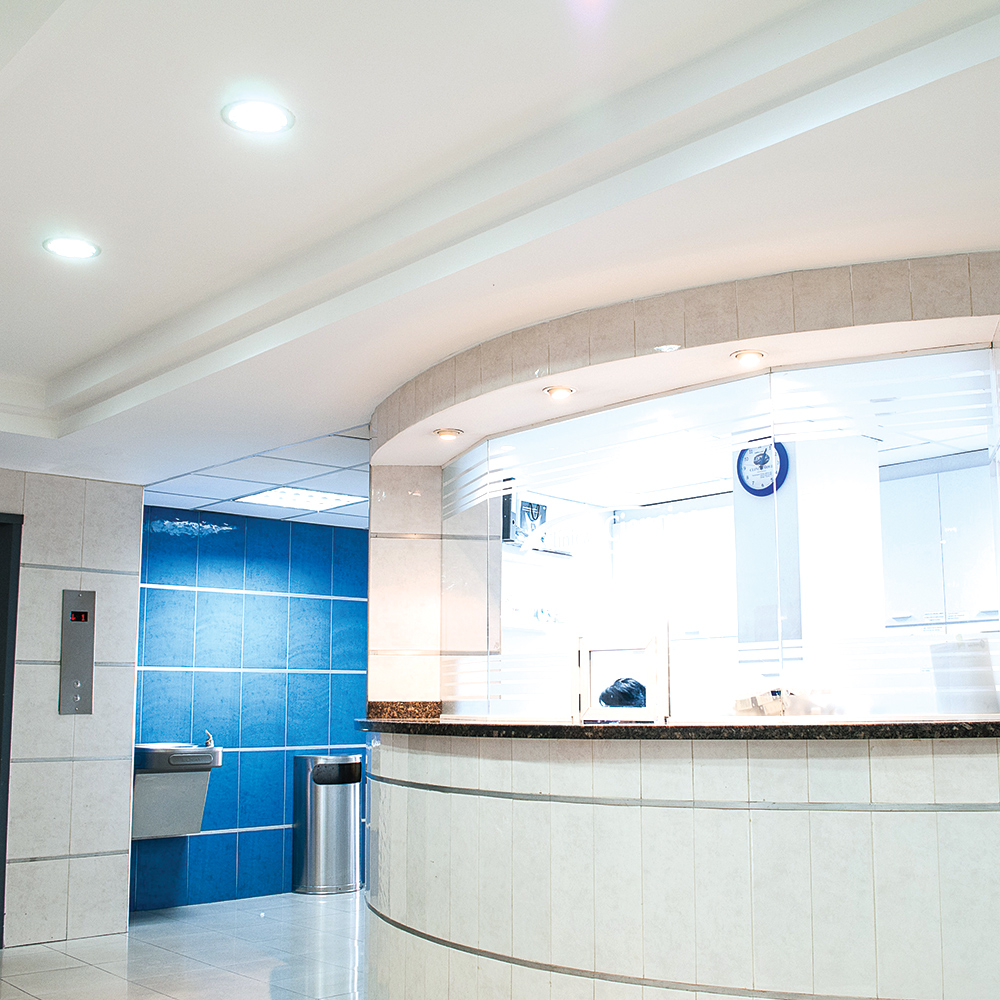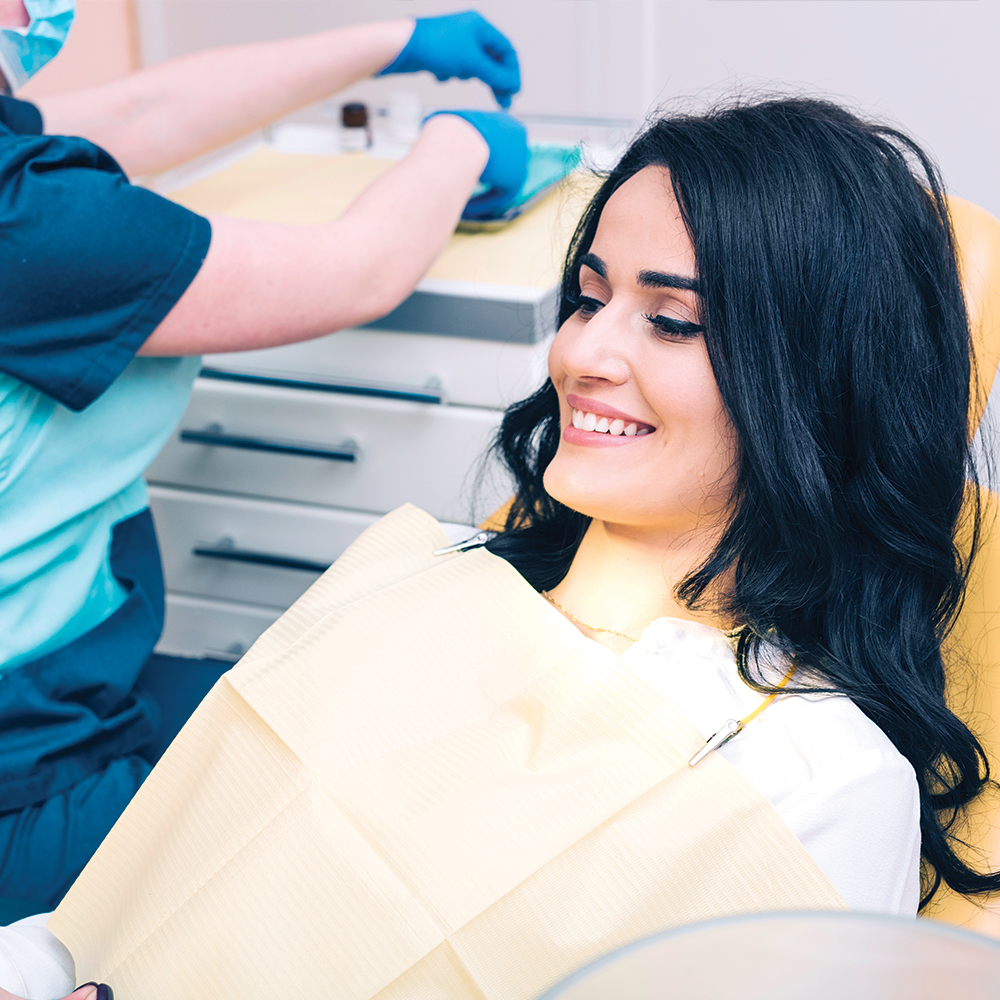Description
General Objective
Develop comprehensive competences, from a cognitive, skills, abilities and behavioural point of view, for the assessment and management of advanced trauma, applying up-to-date techniques and procedures, under scientific guidelines, promoting the use of critical thinking in the resolution of pre-hospital patient care situations.
Addressed to:
Health Professionals and Senior Level Nursing Technicians
Armed Forces and Law Enforcement Health Personnel.
Students of Health careers in their last year of study.
Rescuers and Firefighters who have basic knowledge in the health area.
Content
Module I: GOLDEN PRINCIPLES IN PREHOSPITAL TRAUMA CARE
Milestones in Prehospital Trauma Care
Epidemiological Data of Relevance in Trauma
Phases of Trauma for Prehospital Care
Fundamental Principles of Prehospital Trauma Care
Behavioral aspects in the performance of health personnel
Communication and transfer equipment
Module II: PHYSIOPATHOLOGY OF LIFE AND DEATH
Physiological concepts of aerobic and anaerobic metabolism.
Fick's principle and shock physiology
Compensatory responses to shock
Classification of traumatic shock
Assessment and Management of Traumatic Shock
Complications of traumatic shock
Module III: KINETIC ENERGY AND TRAUMA
Kinetic Energy: Laws of Energy Exchange
Energy and blunt trauma
Injuries due to vehicular collisions
Injuries in road traffic collisions
Energy laws and penetrating trauma physics
Principles of physics and blast injuries
Module IV: SCENE SAFETY ASSESSMENT AND MANAGEMENT
Scene Safety
Major Issues in Scene Safety
Special Situations of Hazardous Scenes, Threats and Legal Evidence
Hazardous materials
Interdisciplinary work in safe scene management
Multi-victim scene categorization
Module V: PRIMARY AND SECONDARY EVALUATION OF TRAUMATIZED PATIENTS
Prioritization in the care of the traumatized patient
Primary evaluation: first impression of the patient's condition
Sequence of the primary assessment: XABCDE mnemonic
Fluid replacement
Application of tourniquet compression
Secondary assessment: Hemodynamics and SAMPLE
Detailed physical examination in stabilized trauma cases
Communication systems and transfer of trauma patients.
Special considerations (traumatic RCP, pain management, abusive situations)
Module VI: EVALUATION AND MANAGEMENT OF AIRWAYS AND VENTILATION
Anatomy and Physiology of the Respiratory System
Pathophysiological aspects of the airway and ventilation in trauma care.
Assessment parameters of airway and ventilatory status
Manual Airway Maneuvers
Basic and Advanced Devices for Airway Management
Devices for ventilation management
Chest Decompression
Module VII: EVALUATION AND MANAGEMENT IN CRANIAL AND SPINAL TRAUMA
Anatomy and physiology of cranial - encephalic and spinal - medullary trauma.
Physiopathology of brain and spinal cord injuries.
Types of specific injuries
Assessment, management and transport of patients with cranioencephalic and vertebral-spinal cord trauma.
Neurological evaluation of traumatized patients
Spine stabilization
Helmet removal
Module VIII: EVALUATION AND MANAGEMENT OF THORACIC TRAUMA
Anatomy and Physiology of the Thorax
Pathophysiological Aspects of Thoracic Injuries
Specific thoracic injuries (rib fractures, flail chest, lung contusion, pneumothorax and hemothorax, tracheobronchial rupture - diaphragm)
Evaluation and management of specific thoracic injuries.
Cardiac and great vessel injuries (myocardial contusion, cardiac tamponade, traumatic rupture of the aorta).
Evaluation and management of specific cardiac and great vessels injuries.
Module IX: EVALUATION AND MANAGEMENT OF ABDOMINAL TRAUMA
Anatomy and physiology of the abdominal cavity
Pathophysiological aspects of abdominal trauma
Special injuries: impaled objects and eviscerations
Evaluation of the abdominal cavity
Management and transfer of patients with abdominal trauma
Abdominal trauma in pregnant women
Module X: EVALUATION AND MANAGEMENT OF MUSCULOSKELETAL INJURIES
Osteomuscular Anatomy and Physiology
Pathophysiological Aspects of Musculoskeletal Injuries
Types of musculoskeletal injuries
Evaluation and Management of Musculoskeletal Injuries
Complicated injuries (multisystem trauma, compartment sd, shattered limbs, traumatic amputations, crush sd)
Immobilization of musculoskeletal injuries
Module XI: EVALUATION AND MANAGEMENT OF BURNS
Anatomy and Physiology of the Skin
Characteristics of burns
Classification of burns
Evaluation and management of the types of burns
Airway burns
Burns in special situations (cold injuries, child/elderly abuse)
Module XII: EVALUATION AND MANAGEMENT OF THE PEDIATRIC TRAUMA
Anatomical and physiological differential aspects of the pediatric patient.
Main pathophysiological processes of the traumatized pediatric patient.
Specific types of injuries in the pediatric patient
Evaluation and management of pediatric trauma
Pediatric trauma prevention measures (accidental and abuse - neglect)
Spine stabilization techniques and procedures
Module XIII: EVALUATION AND MANAGEMENT OF GERIATRIC TRAUMPATHY
General aspects of trauma in the Elderly
Anatomical and physiological differential aspects of the aging process.
Main pathophysiological processes of aging
Traumatic injuries specific to the older adult
Evaluation and management of geriatric trauma
Elder abuse and legal considerations
Module XIV: EVALUATION AND MANAGEMENT OF ENVIRONMENTAL TRAUMASES
Evaluation and Management of Heat and Cold Trauma
Evaluation and Management of Lightning Trauma
Evaluation and management of immersion asphyxia trauma
Altitude sickness
Diving Injuries
Evaluation and Management of Decompression Trauma (Dysbarisms)
Module XV: TRAUMA MANAGEMENT IN DISASTER AND MULTIPLE VICTIM SITUATIONS
Disaster Scenario Cycle
Principles of Multi-victim Scene Management
Health management in disaster situations
Mental Health and Disasters
Disaster response response problems
Explosions and incendiary agents of mass destruction
Module XVI: TRANSPORTATION OF PATIENTS
Generalities of medical transport
Classification and type of medical transport
Characteristics of air and land transport
Types and roles of the crew according to type of transport
Physiology of aeromedical transport
Selection and preparation of equipment and patient for medical transport
Additional information
| Country | Chile |
|---|---|
| Duration | 220 hrs |
| Certification | AST |
| Ranking | Primary Care, Specialties |
